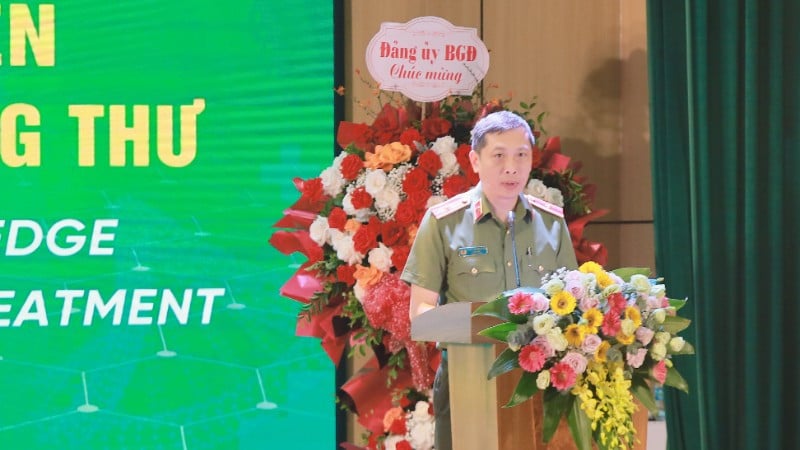
Attending the workshop were representatives from the Traditional Medicine Hospital, Hospital 19-8 ( Ministry of Public Security ), the Police infirmary of Thanh Hoa and Nghe An provinces; Professor Kenta Yamamoto, Nagoya Medical University (Japan), and reporters from Philips Imaging Technology Equipment Company.
Update knowledge of cancer diagnosis and treatment
Colonel, Associate Professor, Doctor Hoang Thanh Tuyen, Director of Hospital 19-8, said that cancer has always been a topic of interest from basic research to clinical research due to the complexity of the pathogenesis of the disease as well as the response to treatment.
The continuous application of early diagnostic technology and multimodal combination treatment including personalized immunotherapy is very important to increase treatment effectiveness and reduce the burden of treatment costs for patients and the healthcare system.
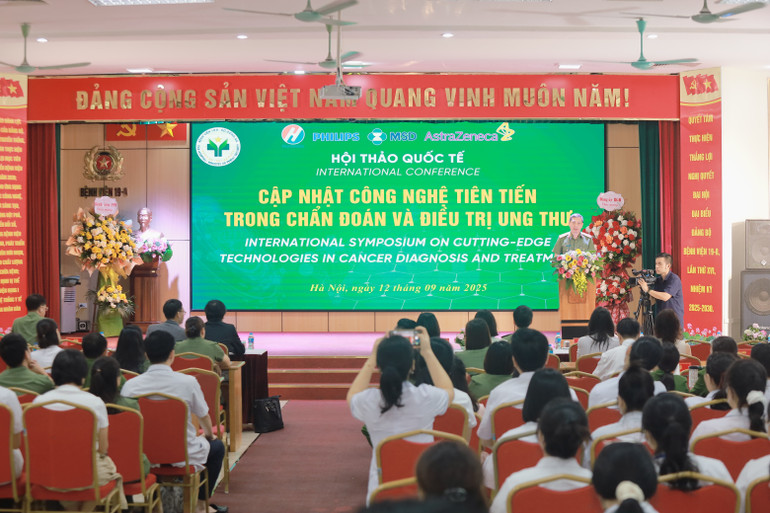
Therefore, the workshop aims to update advanced diagnostic and treatment techniques in liver cancer and breast cancer for medical staff ; to be a bridge, exchange and cooperation between researchers, scientists, clinicians of 19-8 Hospital and Japanese medical experts.
At the conference, Professor Kenta Yamamoto, Nagoya Medical University, Japan, gave a valuable report on the 3-marker set and ultrasound technique using 2nd generation contrast agents in the diagnosis and treatment of liver cancer.
The report has received special attention because of the clinical experience in diagnosing and treating liver cancer in Japan, helping doctors at Hospital 19-8 and hospitals in the public security health system gain more valuable knowledge and experience in examining and treating patients.
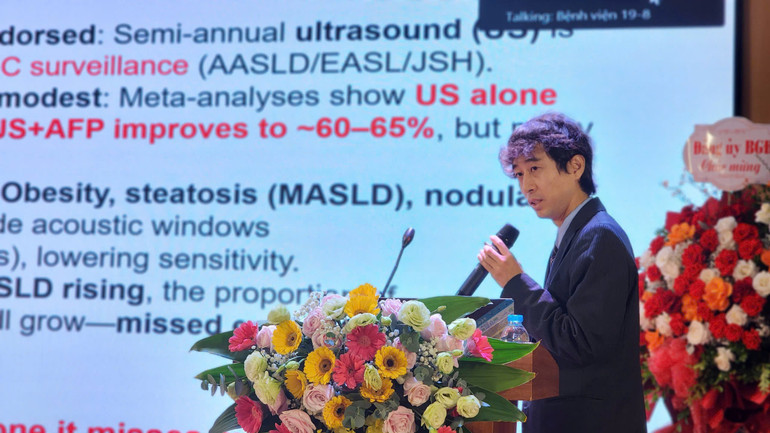
Specialist II Nguyen Thi Minh Hai, Oncology Center and specialist I, resident physician Nguyen Ha Phuong, Department of Diagnostic Imaging, Hospital 19-8 presented a report introducing updated diagnosis and treatment of liver cancer and breast cancer.
Liver cancer is getting younger and younger
With a report on the multimodality update in the treatment of hepatocellular carcinoma, Dr. Nguyen Thi Minh Phuong, Director of the Oncology Center, 19-8 Hospital, said that in Vietnam in general and 19-8 Hospital in particular, the rate of cases coming to the hospital where cancer is detected is increasing and the age is getting younger.
However, with today's advanced techniques and increased public awareness, the rate of early detection has also increased compared to before.
"Previously, the rate of detecting cancer at stage 3-4 was up to 80% but now it is only 50-60%. Thanks to early detection, we can completely treat liver cancer," said Dr. Phuong.
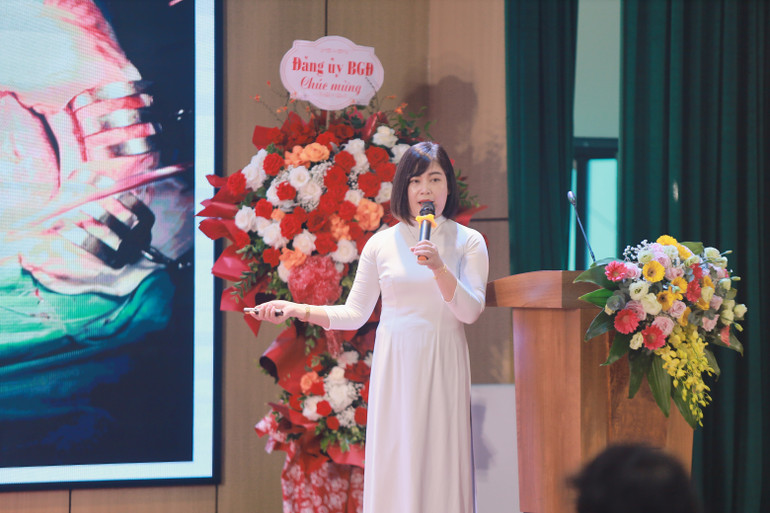
Currently, there are many advanced, modern methods to treat liver cancer patients in both early and late stages.
If liver cancer is detected in the early stages, there are many intervention methods such as: Liver tumor resection surgery, liver lobectomy, liver segmentectomy; or local treatment for patients with small tumors, or few tumors using microwave ablation or RFI ablation.
In advanced stages or larger tumors, there is a method of hepatic embolization (injecting chemicals into the hepatic artery to reduce the amount of blood vessels supplying the liver and reduce nutrition, making the tumor smaller).
There are also many treatment methods when the patient exceeds local intervention and will receive systemic treatment.
Dr. Phuong emphasized that liver cancer is a multimodal treatment, which means combining many methods from local treatment to systemic treatment, bringing the best results for patients.
Currently, all liver cancer treatment regimens updated by the Ministry of Health are accessed and applied by Hospital 19-8 to treat patients. Regarding the latest targeted therapy drugs and immunotherapy drugs licensed by the Ministry of Health, Hospital 19-8 is fully supplied and patients have access to these drugs.
The Director of the Oncology Center of Hospital 19-8 said that since the beginning of 2025, the Ministry of Health has updated the treatment regimen of 2 immunotherapy drugs for liver cancer patients at a stage where radical surgery cannot be performed.
This immunotherapy drug targets two different immune checkpoint inhibitors, with different mechanisms. It stimulates the immune system, increases T-cell activation, helps the immune system recognize cancer cells, and increases the effectiveness of the immune system to destroy cancer cells.
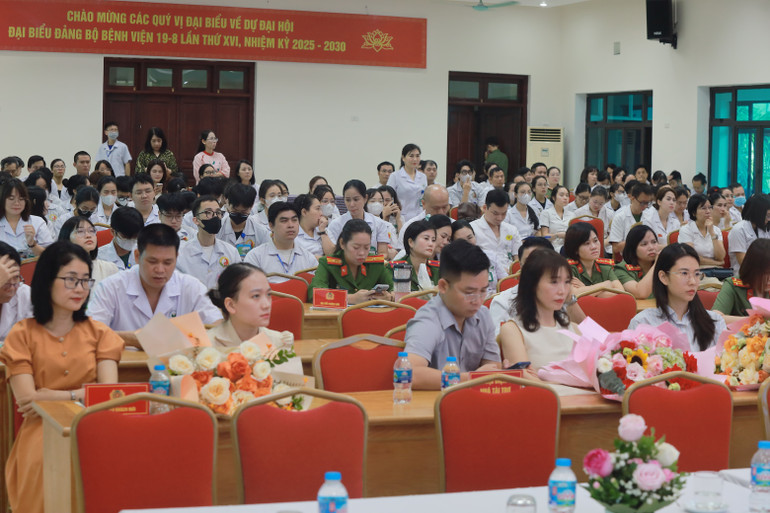
This drug has brought about positive results, more variable results and more recorded than previous drugs. The study has now been completed in Fa 3 and has been put into treatment for patients and has been approved for treatment by the Ministry of Health.
Because this is a new drug, the cost is relatively high. A single dose of the drug costs more than 200 million VND and then another immune treatment cycle, each dose costs 40 million VND for 3 weeks.
According to Dr. Minh Phuong, for police patients, treatment with both of these immune drugs is fully covered by the People's Police health insurance.
The Director of 19-8 Hospital said that the workshop is an opportunity for the hospital to realize its vision of developing patient-centered clinical expertise, while becoming a diverse and prestigious training, research, and international cooperation facility in the future.
Previously, 19-8 Hospital pioneered the successful organization of a workshop on personalized medicine, introducing technology using artificial intelligence combined with multi-layered data of the same patient in diagnosis, prognosis, and treatment; introducing personalized immunology technology in cancer treatment, in collaboration with major medical facilities in the country and Japan.
Source: https://nhandan.vn/cap-nhat-cong-nghe-tien-tien-trong-chan-doan-va-dieu-tri-ung-thu-post907611.html



![[Photo] Launching Ceremony of the Specialized Electronic Information Page of the Communist Party of Vietnam - 14th Congress](https://vphoto.vietnam.vn/thumb/1200x675/vietnam/resource/IMAGE/2025/9/12/4c1b894be2ea4e3daccfd8c038b6fb46)



![[Photo] General Secretary To Lam attends the launching ceremony of the website of the Communist Party of Vietnam - 14th National Congress](https://vphoto.vietnam.vn/thumb/1200x675/vietnam/resource/IMAGE/2025/9/12/0d4fce7dbce2409cb3c03c21fdf3c3b5)
![[Photo] Thac Ba Lake: Towards an international-class tourism, resort and cultural center by 2040](https://vphoto.vietnam.vn/thumb/1200x675/vietnam/resource/IMAGE/2025/9/12/0940443efe0a427b88707caadba1cc41)


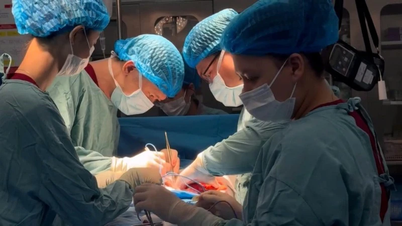
















![[Photo] Where the history of resistance comes alive with modern technology at "95 years of the Party Flag lighting the way"](https://vphoto.vietnam.vn/thumb/1200x675/vietnam/resource/IMAGE/2025/9/12/81c1276f52b849c8b16e2d01dd1c85e4)







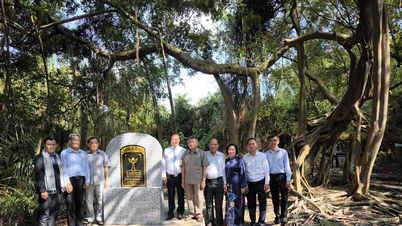





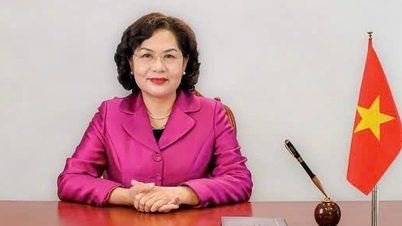







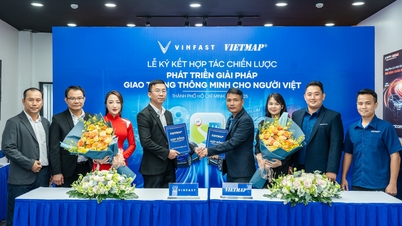

















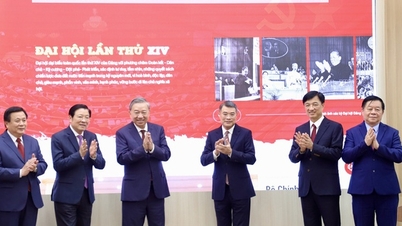

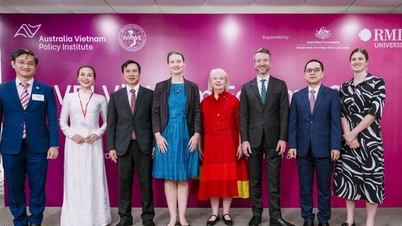















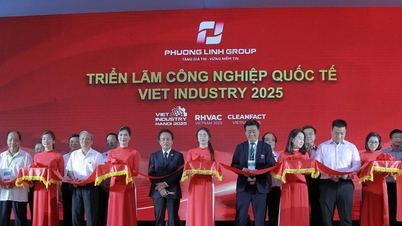







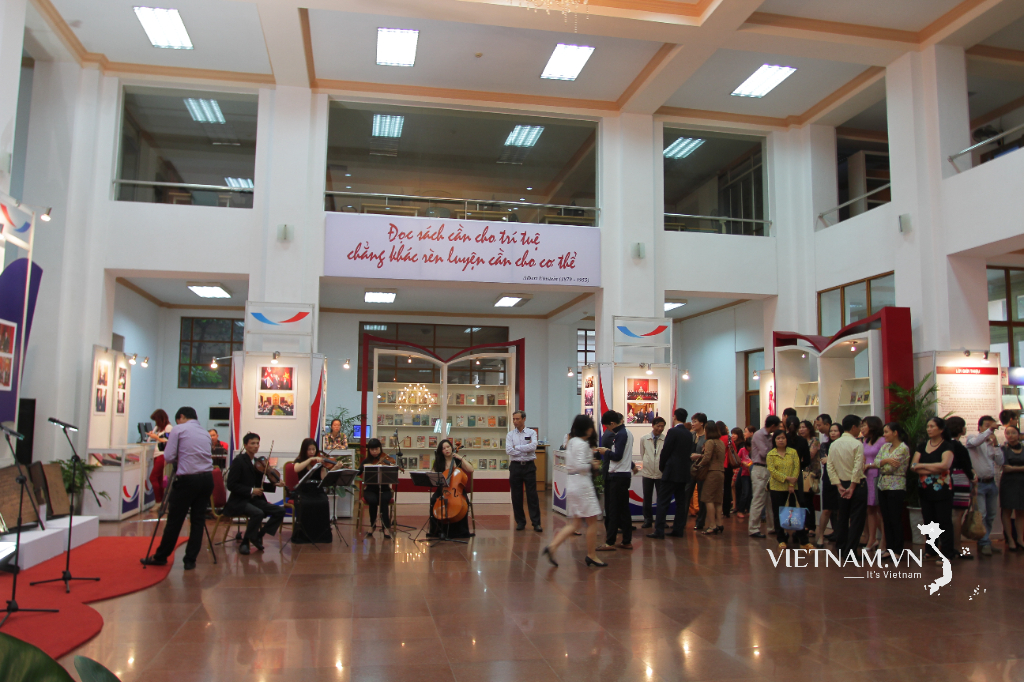

Comment (0)